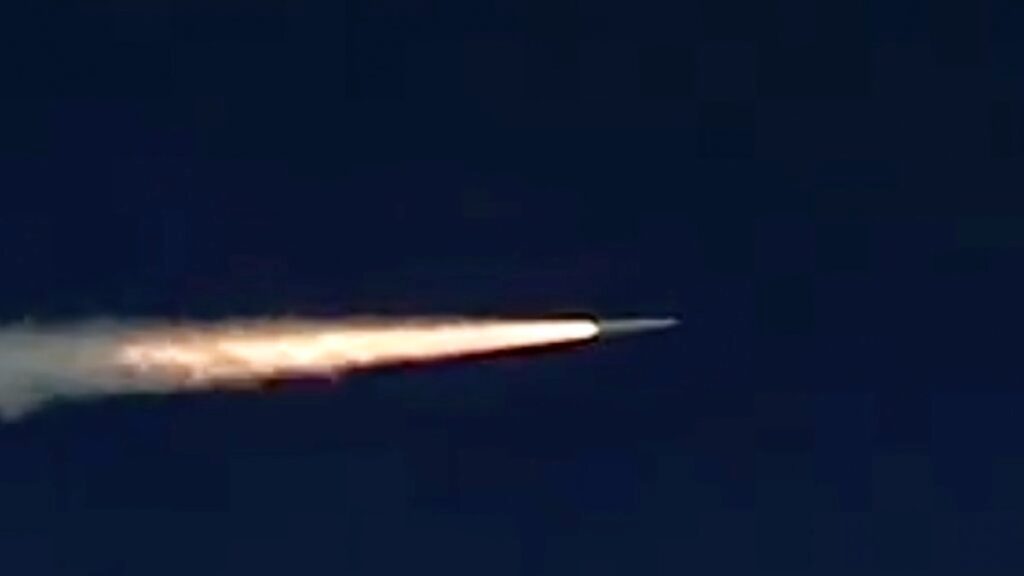Anatoly Maslov, 76, and two colleagues from the Khristianovich Institute of Theoretical and Applied Mechanics (ITAM) are accused of treason.
The first of three Russian hypersonic missile scientists to be arrested on suspicion of treason will go on trial next week in a case which sources say involves accusations of betraying secrets to China.
The criminal case against Anatoly Maslov, 76, will open in Saint Petersburg’s city court on June 1, the court said on its website on Wednesday.
Maslov and two colleagues at the Khristianovich Institute of Theoretical and Applied Mechanics (ITAM) in Siberia were all arrested on suspicion of treason over the past year.
The three are specialists in hypersonics – a field of key importance to the development of Russia’s next generation of missiles, which are capable of flying at 10 times the speed of sound.
The case, which is marked as “top secret”, will be closed to the media and public, the court said. The Kremlin previously said the suspects face “very serious accusations” though details of their alleged crime are classified.
The news portal of the science city in Siberia where they were based said Maslov was suspected of handing secrets to China.
Two sources told the Reuters news agency that fellow suspect Alexander Shiplyuk, the director of ITAM, is suspected of passing secrets to China at a conference there in 2017. They said he denies the charge, saying the information in question was publicly available online.
ITAM has extensive international links and says on its website that it is registered as part of Russia’s military-industrial complex.
Maslov – whose custody was extended until November 10 in a closed hearing on Wednesday – was arrested last June in Novosibirsk, the largest city in Siberia. Soon afterwards he was sent to Lefortovo prison in Moscow, a former KGB interrogation site.
In St Petersburg, he has been placed in the FSB security service jail on Shalernaya Street where many Soviet dissidents were once held by the KGB, Maslov’s lawyer Olga Dinze told Reuters.
She declined to comment more on the case, saying that “the situation is extremely difficult”.
Colleagues of Maslov and fellow suspects Shiplyuk and the third arrested man, Valery Zvegintsev, last week published an open letter in their defence, warning that the prosecutions threaten to damage Russian science.
Last month the Russian parliament voted to increase the maximum penalty for treason to life imprisonment, up from 20 years.


